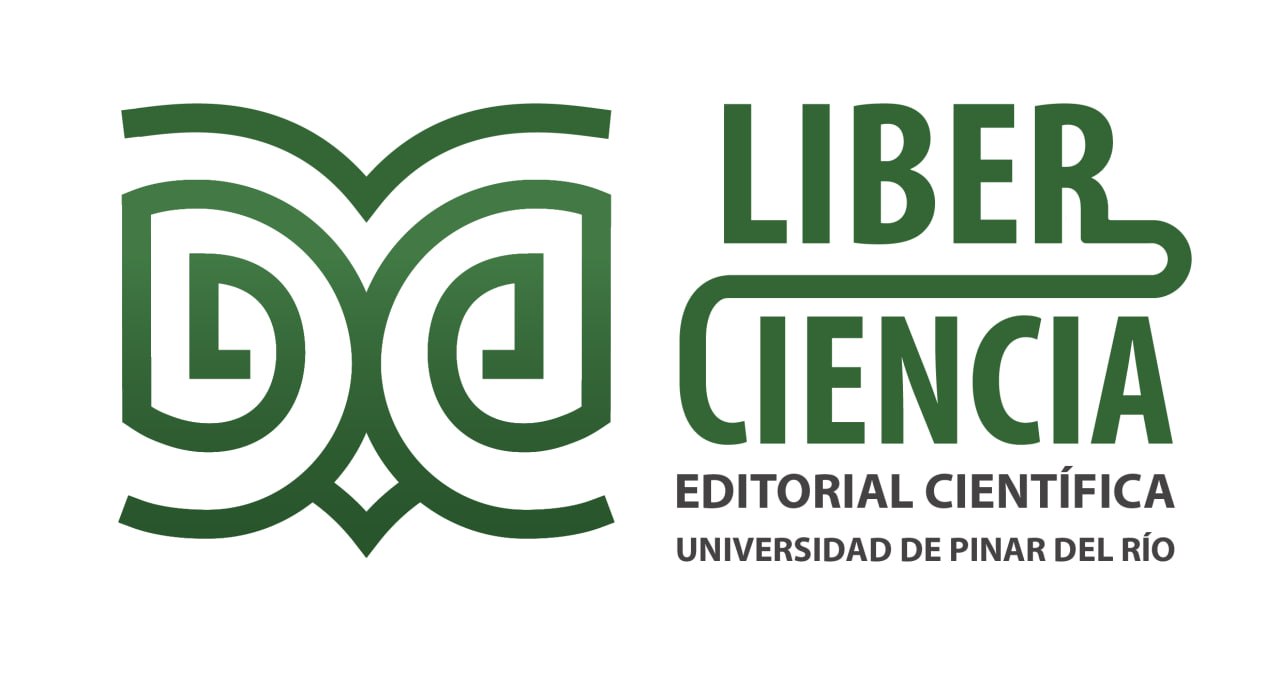Foundational experience of the subject on aging in the basic training of the Cuban psychologist III Taller “Universidad, Envejecimiento y Desarrollo Sostenible”
Main Article Content
Abstract
The Psychology of the Development of the Middle Adult and the Elderly subject addresses the study of two ages that cover a large part of human life. Constitutes a response for two decades, to professional training linked to the current demographic characteristics of population aging. At the same time, it addresses the generational changes in being and thinking of oneself as an older person of this time. The objective of the work is to show how both ages are studied through the same principles and categories, assumed in the characterization of the preceding ages, derived from the Cultural-Historical Approach and in its possibilities of integration of research in the field of Psychogerontology from Developmental Psychology and not traditionally from Clinics or Health. As results, the main regularities of the psychological development of adulthood systematized starting from the category "social situation of development" are presented, rescuing the individual expression of said regularities in each subject. The subject allows a holistic view of life, taking up the characteristics from the earliest ages in childhood, until the end or death. Although the different types of aging are studied, including pathological aging, the emphasis is on older adulthood as the age of development and its potentialities, promoting a new image of it, free of discrimination and ageist attitudes. in Psychology professionals, as a career that has a specific subject, linked to demographic dynamics.
Downloads
Article Details

This work is licensed under a Creative Commons Attribution-NonCommercial 4.0 International License.
References
Alfonso J. C., Mena, M. y Ranero, V. (2022) Panorama sociodemográfico y epidemiológico sobre las personas mayores en Cuba. Escenario actual y proyecciones. En Fernández A. & Cintra D., Envejecimiento saludable en Cuba. pág. 1-7. La Habana, Cuba. Editorial Ciencias Médicas.
Orosa T. (2001) La Tercera edad y la familia. Una mirada desde el adulto mayor. La Habana, Editorial Félix Varela.
Orosa T. coord. (2014) Temas de Psicogerontología. La Habana. Editorial UH, Editorial Félix Varela.
Orosa, T. & Sánchez, L. (2020) Envejecer aprendiendo: la Cátedra Universitaria del Adulto Mayor. Revista Temas-Longevidades (100-101), pp. 46-52. http://cubarte.cult.cu/revista-temas/longevidades-numero100-101-de-temas/
Orosa, T. & Sánchez L., (2021) Vivir y pensar la pandemia desde la vejez. Una bitácora ineludible. En Panellas D. y Cabrera I., Subjetividades en pandemia. La Habana, Cuba. Editorial Acuario.
Programa analítico de la asignatura Psicología del Adulto Medio y del Adulto Mayor Plan E (2018) en carpeta de asignatura de la Facultad de Psicología de Universidad de la Habana.
Yuni, J. & Urbano, C. (2016) Envejecer aprendiendo: claves para un envejecimiento activo. Montevideo. Grupo Magro Editores.
Zarebski, G. (2011) La teoría del Curso de la Vida y la Psicogerontología actual: frutos simultáneos de un mismo árbol. En Yuni A. (comp). La vejez en el curso de la vida, 41-62. Argentina. Encuentro Grupo Editor.




